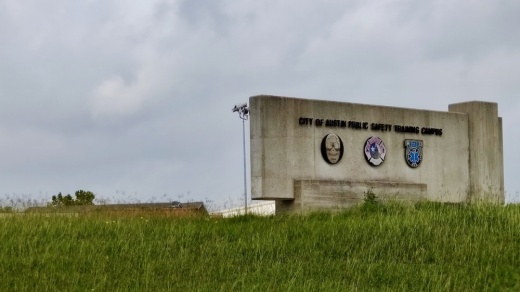The academy has previously fallen under scrutiny and was eventually paused due to allegations of a toxic and racist culture. It was restarted in line with Austin's ongoing initiative to re-evaluate public safety. Austin City Council's May vote to reboot the academy came with the condition that the program would remain under review through its run.
Independent consulting firm Kroll & Associates has evaluated academy practices and results since APD’s 144th cadet class began training in June, measuring the program’s success in addressing issues of racial and gender equity, emphasizing on de-escalation tactics and other efforts. On Oct. 21, representatives from the firm presented findings from a formal report on the revamped academy’s first four months.
“The academy is making positive strides and shifting to a more balanced, resilience-based training model. Overall, however, a military-style culture still prevails at the academy with an emphasis on disciplinary measures and collective accountability,” said Rick Brown, a representative from Kroll & Associates.
Brown and his colleagues said APD has successfully implemented new features, including heightened community engagement and racial equity training. They also praised instructors’ knowledgeable and positive approach to teaching de-escalation tactics that minimize the use of force.
However, despite police Chief Joseph Chacon’s repeated emphasis on the academy’s shift away from militaristic- or warrior-style training, Kroll analysts found those values still persist overall. And even with the new academy's place in Austin’s “reimagining public safety” push initiated last year, Brown said a survey of cadets showed more than 54% of cadets reported their APD instructors had “ridiculed” the concept of a reformed police academy in training. More than 91%, though, said instructors place a positive emphasis on community engagement and community policing.
“While we cannot realistically expect complete culture change in the first 15 weeks of the academy, it is essential that the department and officers who train future officers accept and buy into the changes that are needed,” Brown said.
Kroll also determined the academy needs to involve more outside subject matter experts in certain topics; for instance, Brown said researchers and academics could provide important perspective on racial profiling by teaching cadets to analyze data and understand how it reflects decision-making.
Chacon said he was proud of the progress noted in Kroll’s report and was taking seriously the firm’s suggestions for improvement.
“I was concerned when I first heard reports that instructors were mocking the reimagined academy. However, my team is in the process of developing a strategic plan that will go out late in the next three to five years for making progress so that all training is aware of what the term [reimagine public safety] represents in a real kind of measurable way, and I believe that clarity will lead to full buy-in by all staff,” Chacon said.
Mayor Steve Adler also emphasized he wanted “conceptual clarity” of the reimagining public safety platform among academy staff and cadets to be a priority.
“That’s a concern because if we’re running into resistance, a lot of other stuff might never take seed or ever take hold,” Adler said.
Out of the current cadet class, which started with 100 cadets, 24 have separated from the program, most for reasons including physical or classroom performance, injury or COVID-19. The lone termination was due to an allegation of leaving out information in a background check. Those separations have impacted the diversity of the class with Black cadets declining from 17% to 15.5% and female cadets dropping from 18% to 15.5% of the class.
The latest Kroll analysis also included eight new recommendations to better the academy going forward, seven of which APD agrees with outright and one which the department is still studying. Among the suggestions are an expansion of video instruction partially held up by the citizen review process and various scheduling, facility and leadership clarifications or improvements.
APD said a proposal to expand cadet ride-outs with existing officers toward the end of their training is a "high priority" for future classes but remains under consideration as APD considers staffing availability and other factors.





